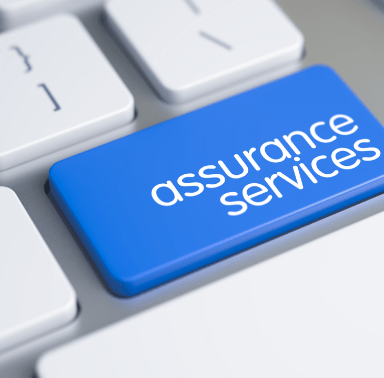Welcome to Seber Tans, PLC
Choosing the right accounting firm is one of the most important business decisions you will make. Any firm can add up the numbers and tell you where you’ve been, but Seber Tans will help you focus on where you want to go. In Southwest Michigan, the firm that unites professional expertise with creativity and vision is Seber Tans. With a team of experienced professionals on our staff, we can provide the capabilities of a large national organization, plus the personal attention of an independent firm. Clients choose us because we offer much more than off-the-shelf solutions. We will listen, ask questions, and learn all we can about your current situation. From that input, we’ll find creative solutions to help you focus on your opportunities rather than your obstacles. Join us and see why our clients trust us for their accounting, tax, and business advising needs.










To maximize — or not to maximize — depreciation deductions on your 2025 tax return
Claiming the maximum depreciation deductions you can on your 2025 income tax return will generally provide the greatest 2025 tax savings. But sometimes it may be better to depreciate business assets over a period of years, such as if you expect to become subject to higher tax rates. If you claim 100% bonus depreciation or Sec. 179 expensing today, you’re eliminating future depreciation deductions for those assets. And deductions save more tax when tax rates are higher. We can identify which depreciation breaks you’re eligible for, review your overall tax situation and help determine whether you should maximize depreciation-related breaks on your 2025 return. Contact us to get started. ... See MoreSee Less
Quadrupled SALT deduction limit means more taxpayers will benefit from itemizing on their 2025 returns
One big decision to make when filing your individual income tax return is whether to claim the standard deduction or itemize. Itemizing saves tax if total itemized deductions are larger than the standard deduction. If you paid more than $10,000 in state and local taxes (SALT) last year, you might save tax by itemizing on your 2025 return even if claiming the standard deduction has saved you more tax in recent years. This is because of a tax law change that increased the SALT deduction limit to $40,000 for 2025 ($20,000 for married couples filing separately). But an income-based limit could reduce your SALT deduction. We can assess the impact of the SALT limit change on your tax situation. ... See MoreSee Less
We are extremely proud of and excited for Hosanna Ndikumana, a 2026 Seber Tans tax intern, who has been making headlines recently!
She is a recipient of the 2026 City of Kalamazoo Social Justice Youth Award and has been featured on the Western Michigan University website. Hosanna also serves the Secretary Elect of the National Association of Black Accountants at WMU and has more accomplishments & volunteerism than can be listed!
Congratulations, Hosanna, and we’re thrilled to have you as a Seber Tans employee!
wmich.edu/business/news/2025/11/accountancy-hosanna-ndikumana-externships-nabainc
www.kalamazoocity.org/Government/Programs-Initiatives/Social-Justice-Youth-Awards/2026-Social-Jus... ... See MoreSee Less
Accountancy student puts industry learning into action at WMU Haworth | Haworth College of Business | Western Michigan University
wmich.edu
standard